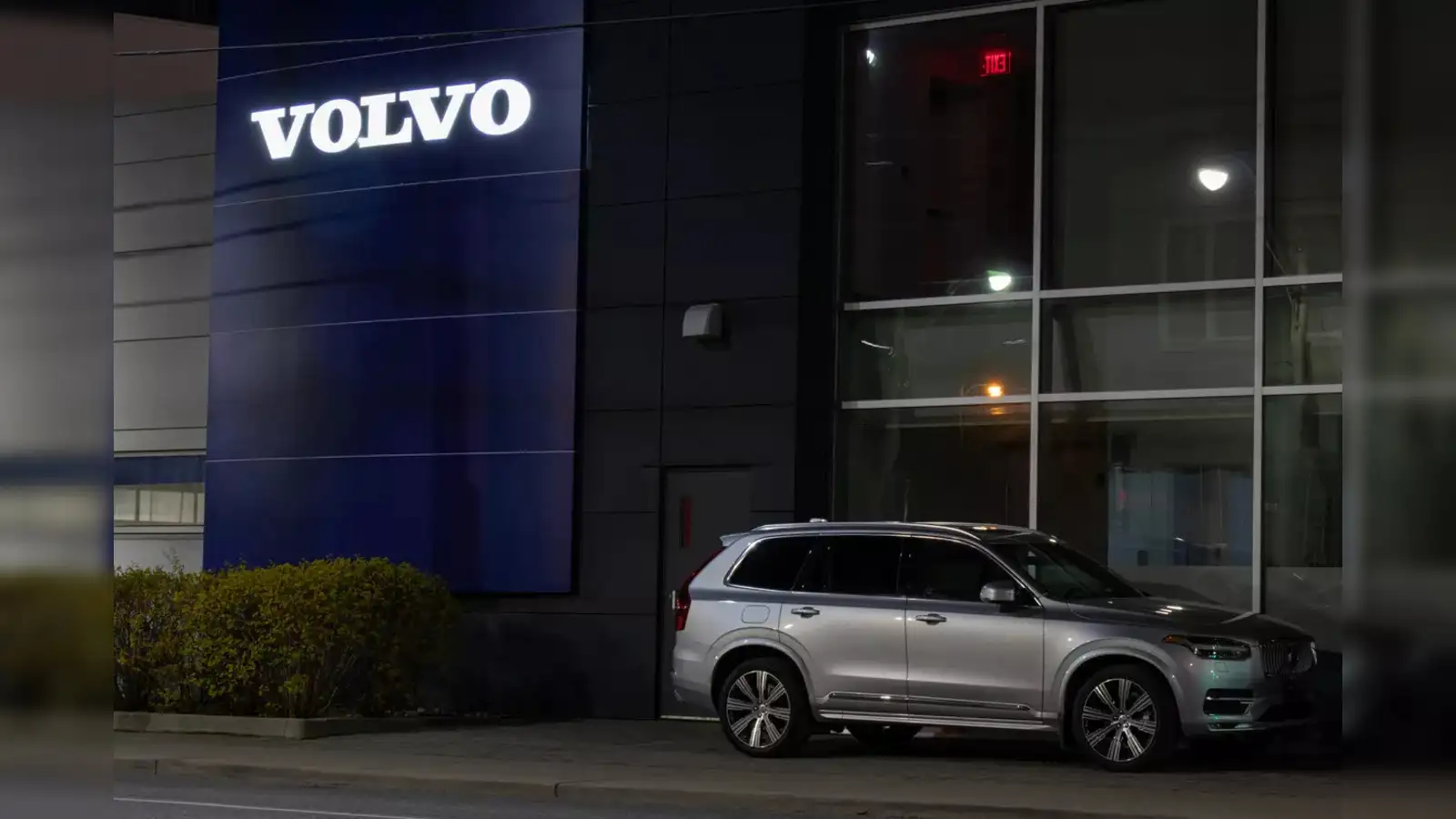Volvo India Adjusts Strategy: EV-Only Plan Revised as ICE Models Remain Amid Slow Adoption

Volvo Cars India has made a significant shift in its strategy regarding electric vehicles, deciding to maintain a dual offering of both electric and internal combustion engine (ICE) vehicles in the Indian market. This change comes as the company acknowledges the slow growth of the premium electric vehicle segment in India, despite a recent uptick in sales. Managing Director Jyoti Malhotra emphasized the varying adoption rates of electric vehicles across different regions, indicating that the company will continue to support both vehicle types to meet diverse consumer needs.
Shift in Strategy
Volvo Cars India has revised its earlier commitment to transition entirely to electric vehicles by 2030. Instead, the company will continue to sell a mix of electric and ICE vehicles. Currently, electric vehicles make up approximately 25% of Volvo’s sales in India. Malhotra noted that while there has been a recovery in the electric vehicle market over the past six months, the overall demand remains modest. He pointed out that customer preferences differ significantly across various states in India, which influences the company’s approach to vehicle offerings.
The decision to retain ICE vehicles comes after a period where electric vehicle sales had started to decline. Malhotra acknowledged that while there is a growing interest in electric vehicles, the adoption rate is not uniform across the country. He stated, “We will continue to drive in electric cars and have a launch lined up later this year itself. But at the same time, we will continue to focus on ICE.” This dual strategy aims to cater to a broader audience while navigating the complexities of the Indian automotive market.
Market Dynamics and Regional Differences
The Indian market for premium battery electric vehicles (BEVs) has been slow to develop, with various factors influencing consumer choices. Malhotra highlighted that state policies and infrastructure play crucial roles in the adoption of electric vehicles. For instance, states like Kerala, Maharashtra, and Delhi have implemented favorable tax regimes and have more low-rise housing, which facilitates home charging. In contrast, urban areas dominated by high-rise buildings face challenges that hinder electric vehicle adoption.
Currently, electric vehicles in India are subject to a Goods and Services Tax (GST) of 5%, while hybrid vehicles face a much higher tax rate of 43%. This disparity in taxation affects the pricing and attractiveness of electric and hybrid vehicles in the market. Malhotra indicated that while Volvo offers plug-in hybrids in other markets, the introduction of such models in India will depend on more favorable tax conditions.
Future Plans and Industry Trends
Despite the challenges, Volvo is preparing to introduce a new electric model later this year. The company remains committed to electric vehicle development while also focusing on ICE vehicles to meet the diverse needs of Indian consumers. This approach aligns with trends seen in the broader automotive industry, where other luxury brands like Jaguar Land Rover and Mercedes-Benz are also reassessing their timelines for transitioning to fully electric portfolios.
Industry data reflects a modest growth in the luxury vehicle segment, with approximately 22,900 luxury vehicles sold in the first half of 2025, marking a 1.8% increase year-on-year. This growth, albeit small, indicates a potential recovery in consumer interest in premium vehicles, including electric options.
Impact of Trade Agreements
Malhotra also expressed optimism regarding India’s ongoing negotiations for Free Trade Agreements (FTAs), noting their potential to positively impact the automotive sector. He pointed out that the UK FTA has set a benchmark, and while the agreement with the EU may take time, such trade agreements are beneficial for the economy. As Volvo navigates the complexities of the Indian market, these agreements could play a crucial role in shaping the future landscape of the automotive industry in the country.
Observer Voice is the one stop site for National, International news, Sports, Editor’s Choice, Art/culture contents, Quotes and much more. We also cover historical contents. Historical contents includes World History, Indian History, and what happened today. The website also covers Entertainment across the India and World.

